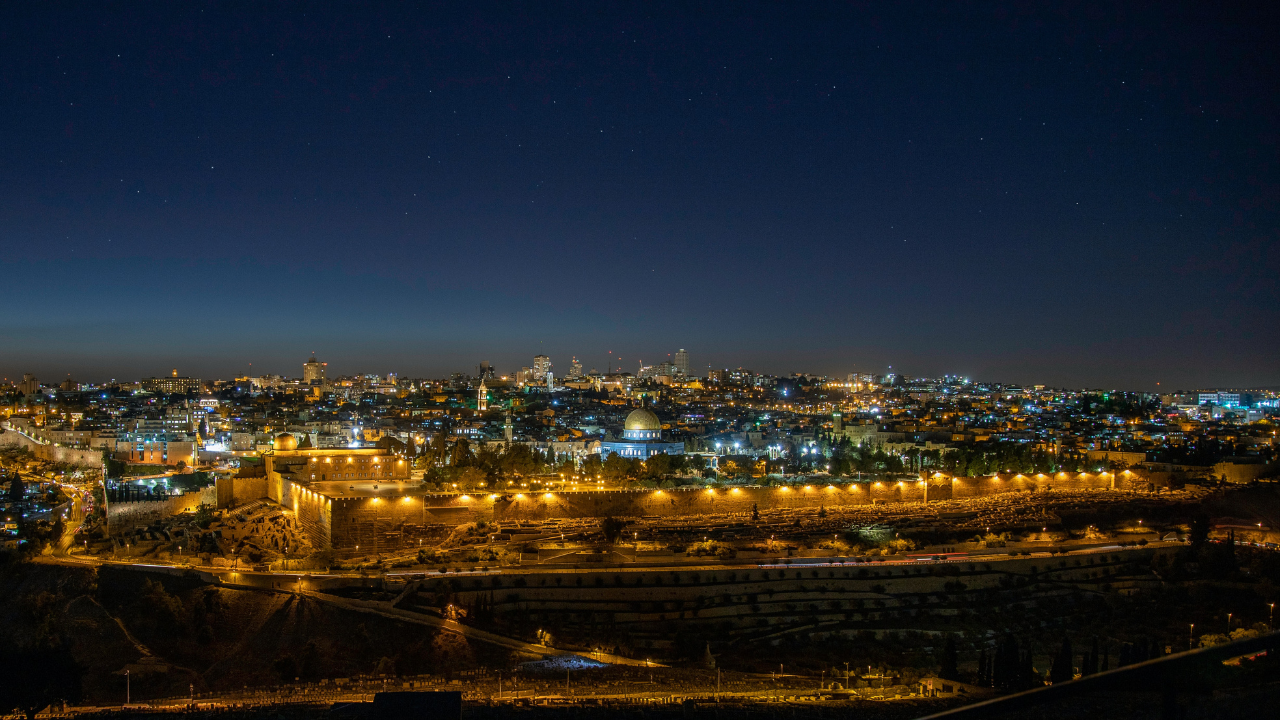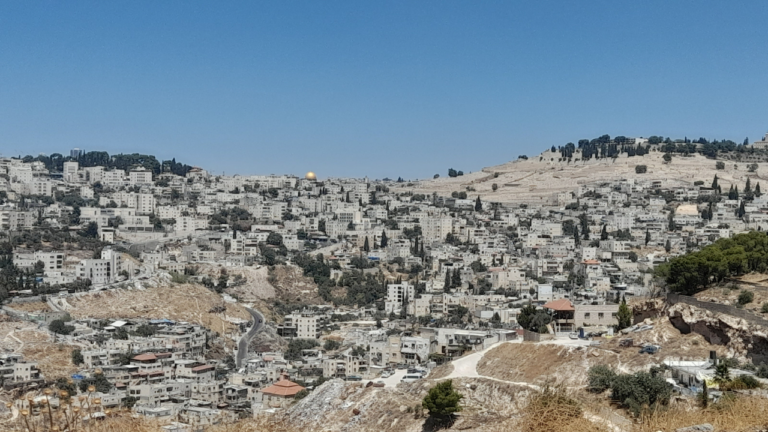A Past and Present Connection
Our parsha explores the nature of the Jewish people’s connection to the Land of Israel. Interestingly, it seems that there are two distinct reasons that the Jewish people merit to enter and live in the Land.
Towards the beginning of the parsha we have several verses that focus on the Jewish people’s fulfillment of the mitzvot. For example, Moshe tells the people: “You shall faithfully observe all the Instruction that I enjoin upon you today, that you may thrive and increase and be able to possess the land that God promised on oath to your fathers.” Similarly, on the flipside, Moshe teaches the people that if they cease to fulfill the Torah they will be banished from the Land. It would seem that the Jewish people are the active and decisive party. It is up to them to obey the Torah and merit the Land or disobey the Torah and be banished from the Land.
Then, a few verses later, Moshe seems to present them with a different picture, in which the Jewish people do not actively merit the Land of Israel, but nevertheless are granted it due to God’s covenant with the forefathers. Moshe warns the people:
It is not because of your virtues and your rectitude that you will be able to possess their country; but it is because of their wickedness that your God is dispossessing those nations before you, and in order to fulfill the oath that made to your fathers Abraham, Isaac, and Jacob.”
Here, the Jewish people are not in the driver’s seat. It is not their merit which grants the Jewish people the Land, but the promise of God to our ancestors.
While certainly creating a tension of sorts, these two messages are clearly not a contradiction in terms of the Torah. Our foundational right to the Land of Israel is through our forefathers and all the earlier generations. It is in their merit – not ours – that we now live in the Land. However, this does not absolve us from responsibility. We need to be worthy heirs to our ancestors to actualize the promise that God made to them.
In our haftorah, we find a similar theme regarding the future redemption of Yerushalayim. On the one hand, the haftorah concludes with a call to look back at our ancestors to merit the consolation of Yerushalayim: “Look back to Abraham your father And to Sarah who brought you forth. For he was only one when I called him, But I blessed him and made him many. Truly God has comforted Zion, Comforted all her ruins; He has made her wilderness like Eden, Her desert like the Garden of God.”
However, at the same time, this does not absolve us from action. Earlier in the haftorah God tells the Jewish people: “Why, when I came [to come close to you], was no one there, Why, when I called, would none respond? Is my arm, then, too short to rescue, Have I not the power to save?” The Jewish people living in exile need to make an effort to return to God and to Yerushalayim, indicating that it is up to us.
In summary, our connection with our Land and our city of Yerushalayim is two-layered. On the one hand, we must always look back at the previous generations and realize that our right to the Land is due to their hard work. On the other hand, though, God expects us to put in our own efforts and be worthy heirs of the Land of Israel and the city of Yerushalayim.



